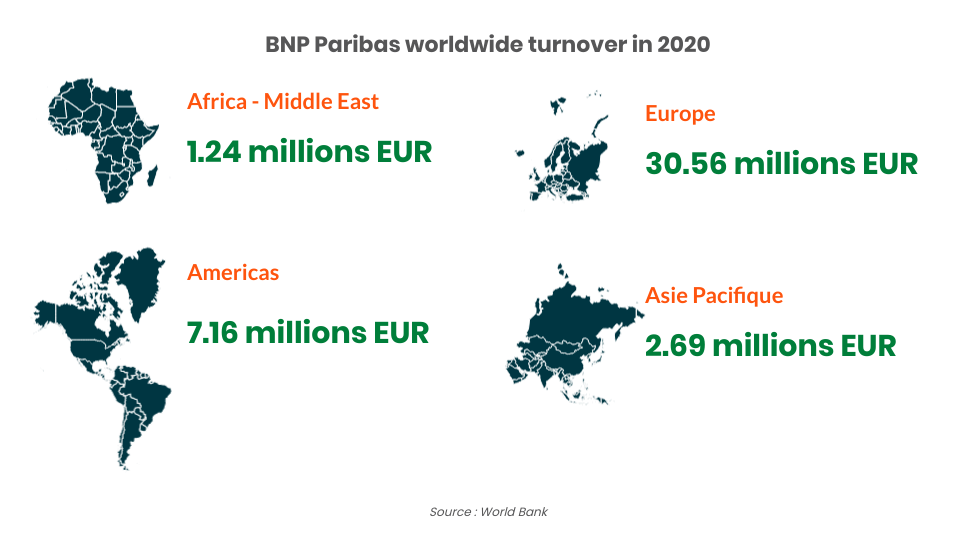Fitch Solutions, an international rating agency, believes the withdrawal of French banks from Africa will create opportunities for local banks. This move, they say, could spur growth and competition among local financial institutions.
Growth opportunities for local banks
The exit of French banks from Africa provides significant growth opportunities for emerging pan-African banking groups, either organically or through mergers and acquisitions. Local and regional banks in Africa stand to benefit despite existing challenges. Some financial institutions with pan-African ambitions are expected to gain enough scale to compete with long-established entities. Increased competition among local banks should boost credit growth across the continent.
« We expect credit growth to accelerate with the exit of French banks, mainly in low-risk segments, which will help preserve asset quality indicators », mentionned the rating agency. This forecast follows Société Générale’s decision to withdraw from the Ghanaian banking market, as well as from Tunisia and Cameroon.
Difficulty in targeting specific segments of the African economy
The rating agency explained that the difficulties faced by French banks in the African market prompted their exit. Specifically, their conservative risk appetite, driven by their parent banks, limited their ability to target certain economic segments. Fitch also noted that French banks adhere to stricter loan classification and provisioning policies than local banks, which hampers growth and profitability.
Additionally, stricter capital management, with higher safety margins than local regulations require, further limits French banks’ lending capabilities in Africa. Therefore, the french bank withdrawal from the retail and commercial banking sector in Africa is seen as a positive move for them.
Strategic direction for French and European banks
European financial institutions are shifting their focus to more mature retail banking markets in Europe, particularly in areas like insurance, leasing, and corporate and investment banking, where they can achieve greater synergies. This reduced presence in Africa aligns with their conservative risk appetite and efforts to optimize risk-weighted assets.
In the past six months, Société Générale (SG) has sold smaller African subsidiaries and initiated a strategic review to divest its 52.34 % stake in Tunisia-based International Union of Banks. In April, SG confirmed the sale of Société Générale Marocaine de Banques (SGMB) and its subsidiaries to the Moroccan Saham Group. Over the past decade, the African presence of BNP Paribas, BPCE, and Crédit Agricole has also significantly declined.
British bank Standard Chartered has likewise decided to withdraw from the continent. On April 15, it announced its exit from Angola, Cameroon, Gambia, Sierra Leone, and Zimbabwe. Additionally, it will cease retail banking activities in Tanzania and Côte d’Ivoire to focus on corporate, commercial, and institutional customers. Similarly, in February 2022, Credit Suisse closed its operations across Africa, except in South Africa.
Local banks that could benefit from this withdrawal
In 2023, Vista Group acquired several subsidiaries, including some from Société Générale (SG), in sub-Saharan Africa, expanding its presence to 16 countries. Coris Bank, which operates in 11 African countries, finalized the acquisition of SG’s Chad subsidiary in January and is awaiting regulatory approval to acquire SG’s Mauritanian subsidiary. Vista and Coris are emerging as credible competitors to well-established South African, Nigerian, and Moroccan pan-African banking groups. This growing competition among local banks is expected to stimulate credit growth in Africa.
The departure of French banks from Africa marks a significant turning point for the region’s financial sector. African financial institutions now have the potential to drive positive change, foster economic development, and improve financial inclusion across the continent.







